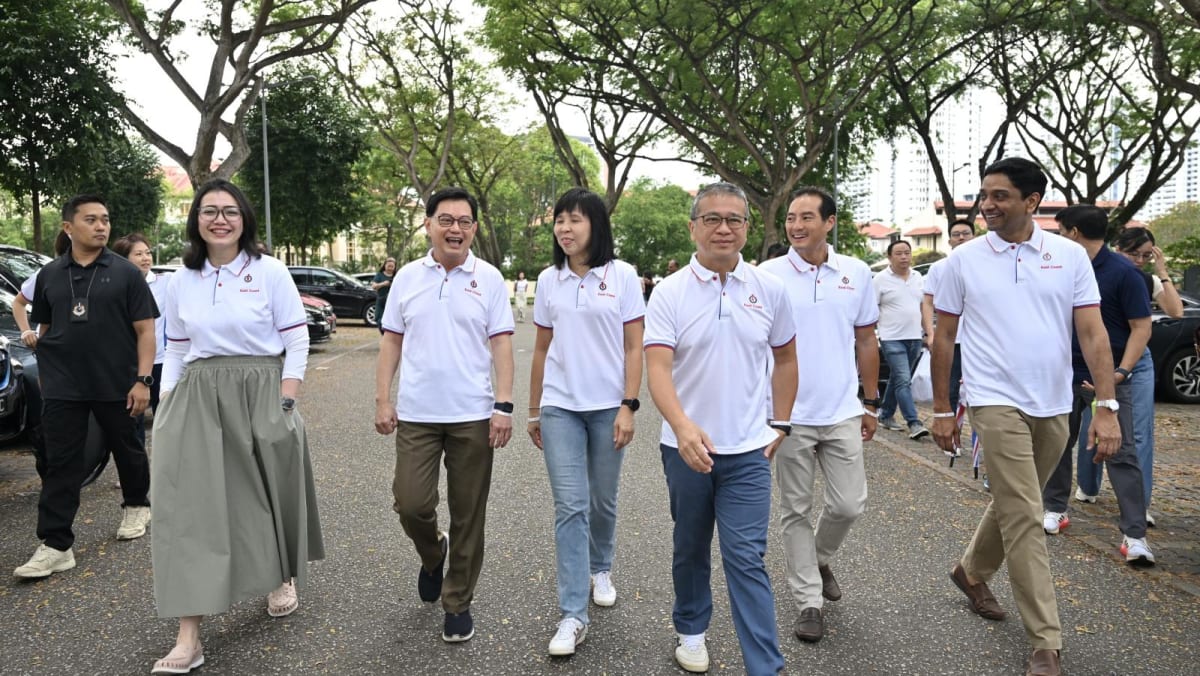Serbia has pledged to protect LGBTQ rights as it seeks EU membership, but increasingly vocal right-wing supporters harass and sometimes attack people based on their sexual orientation or gender identity.
Brnabic, who became the first woman elected head of the Serbian parliament in 2017, has been criticised for failing to be a more vocal advocate for expanding LGBTQ rights.
The prime minister’s female partner gave birth to a boy in 2019. Months later, artificial insemination was banned in Serbia for couples who have a “recent history of homosexual relations”.
Nonetheless, she is the first prime minister to be voted for a third term since the return of multiparty elections in the 1990s, and the appointment is likely to see Brnabic become the longest-serving Serbian premier.
However, Brnabic will not enjoy a full four-year term in office, Vucic said, as “there will be changes in the government in 2024”.
Participants dance under a huge rainbow flag during the Belgrade Pride march in Belgrade in 2021. Serbia has said that it would not host EuroPride, a pan-European LGBT event, in September 2022 as the country faced growing problems but the organisers vowed to proceed with the parade. Photo: AFP
Brnabic has previously underlined that her mission is not to be a “gay prime minister”, but a leader of Serbia.
The ruling party has 120 seats in the 250-seat parliament and will have to seek partners to form a government. The Socialists and the List Of Vojvodina Hungarians, both traditional partners of the SNS, have 31 and five deputies respectively.
Brnabic is expected to present a new cabinet and policy programme to parliament in the coming weeks. One of her main tasks on the world stage will be to balance Serbia’s candidacy to join the European Union, its biggest trading partner, with pressures to preserve ties with Russia and China.
Although Serbia has condemned Russia’s invasion of Ukraine at the United Nations, it refused to join sanctions against Moscow




















Discussion about this post